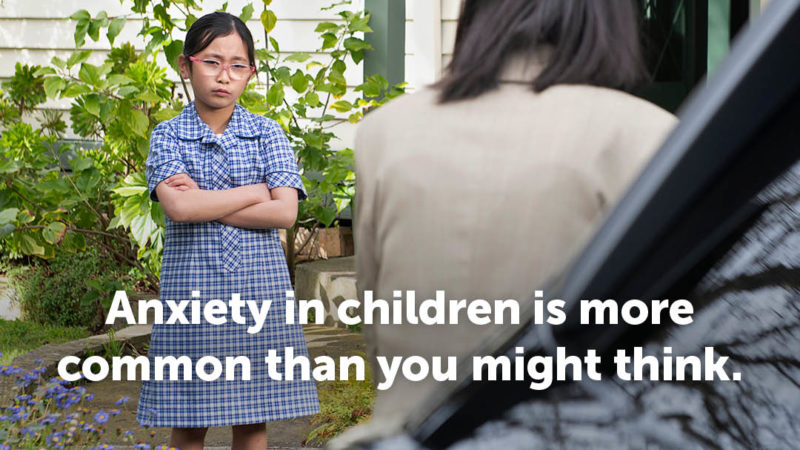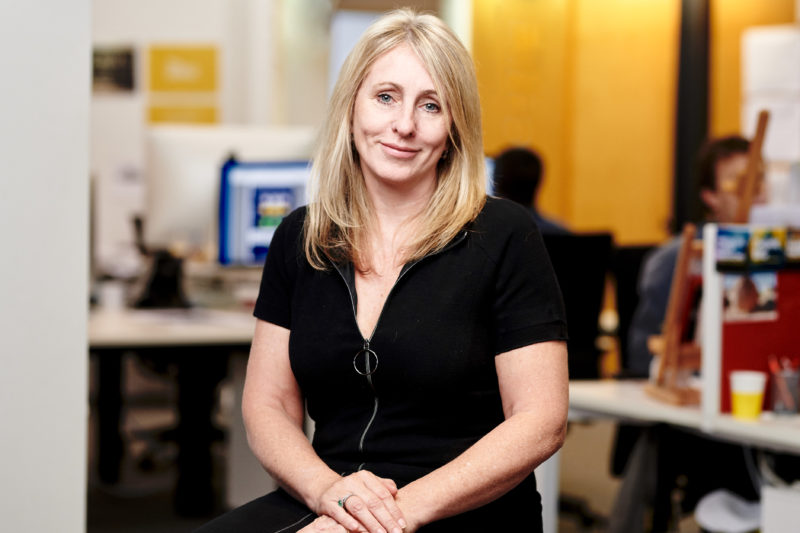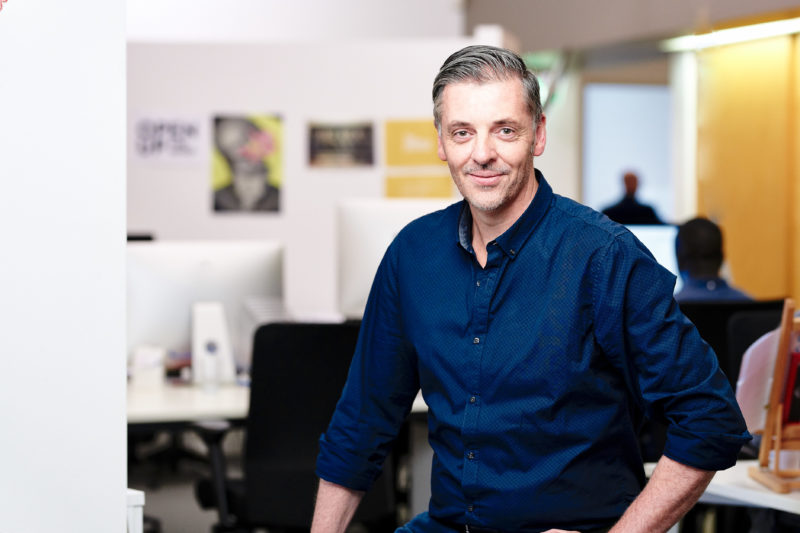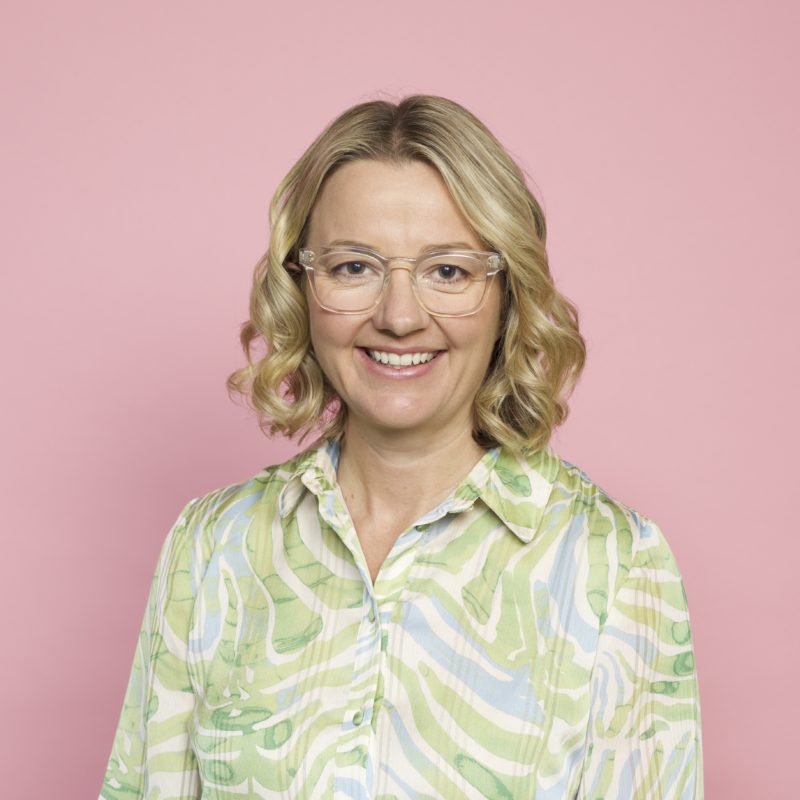Balancing act: The agencies angling for a more purposeful future in advertising
Purpose, sustainability, diversity, inclusion. Are the statements from agencies around these key topics worth the energy taken to light up the pixels to display them? Mumbrella's Kalila Welch speaks to agency leaders to uncover the logistics of placing social purpose at the core of a commercial business and how to really turn words into action.
The term “purpose” has become one that is thrown around quite liberally in the marketing industry as brands and agencies alike face increasing pressures to take a stance on key issues.
While many businesses will happily PR the latest initiative they’ve taken to tackle the bigger issues, there often lacks a deeper alignment internally, with drastic actions often brushed off as commercially unviable.
However, for a new generation of “purpose driven” agencies, a new model has evolved that seems to allow for the coexistence of purpose and profit, without significant compromise on either front.
“We believe that from a personal level, but also commercial level, it’s the right thing for us to do,” says group managing director of Icon Agency, Jo Painter, of the agency’s commitment to purposeful work. “But equally, I have no issue with how other agencies choose to run their businesses.”
Icon agency was founded by Painter and her partner Chris Dodds in 2002. Originally a digital and graphic design business, the agency expanded into the PR space 12 years ago.
While the pair explain that the agency has always aligned to their own personal ethics – which they hold quite closely – it was only several years ago that they began a concerted effort to put purpose at the forefront of the business, officially repositioning Icon as a “for-purpose” agency in time for its 20th birthday last year.
While much of the work the agency had worked on up until this point ultimately aligned with the ethic’s of Dodds and Painter, as the business owners, Dodds says that the decision to place purpose at the centre of the agency came from their team.
“We have an executive team that has some incredible brand strategists and communicators in it, and they came to us saying that they would actually like to work with us on a new framework for the business,” says Dodds. “So it very much a grassroots, collaborative, listening exercise, where this team that work on brand values and structures for clients actually came to us and said, ‘we’re going to treat you as a client, we’re gonna help develop a new brand platform for Icon that is more legitimate and authentic.”
In the years prior to the rebrand, Painter, who group managing director, says that the agency had discovered that working on government projects made the team “feel good” by fulfilling what she sees as business’ obligation to people in society.
Growing disinterest and even objection to working on clients in the FMCG category across the Icon team heightened their focus on briefs that gave back to society.
“So we pulled together all those threads at the beginning of last year, into this brand program, where we threw it open and we went back to our teams and said, ‘you help us define the agency we want to be’.”
The new positioning, “for people, with purpose” reflected the importance of the people within the agency, as well as the definition of the parameters that the agency wants to work within “in order to be commercially successful, ethically sustainable, and operationally robust.”
Painter adds: “We want staff to come in motivated, happy every day, and working with great clients. We want great clients that work with us to produce great work and we also want that great work to be profitable and successful for the business.”
But with introducing an ethical framework of course comes disagreement within the business, when it comes to deciding upon whether work aligns with the agency’s values.
“We have been challenged by our staff, which is validated and welcomed,” says Dodds, who explains that transitions like this aren’t easy.
As a force that “comes from the grassroots”, he suggests that purpose is a “fluid” concept that will changed based on the talent at the agency, and their personal ethics.
Painter adds that there is always a tension between profit and purpose, but that “rather than running away from those conversations, it’s really important to have them”.
“That tension between purpose and profit has to been negotiated and managed because, you know, you can get people saying, ‘Oh, well you’re really successful, so how does that align with a purpose led approach?’. I take them back to that social impact versus purpose. Well, in fact, we’re not a social enterprise, we’re not a charity, we’re a business and to be successful as a business, you need to do these things.”
The pair reinforce that purpose is not “black and white”, but is more about giving people a platform to do work that has an impact.
“We’re not perfect, far be it. And there will always be times when we might get it right, we might also get it wrong. And if we do get it wrong, we need to address that quickly. And either be clear about why or learn from it and not do it again.”
Founder and managing director of Think HQ, Jen Sharpe, also speaks to the complex nature of selecting clients that fulfil the agency’s commitment to positive social impact.
To help bolster the agency’s internal processes and policies Think HQ has recently committed to becoming a B Corp, to ensure it’s “living and breathing” its values.
Founded by Sharpe in 2010 the communications agency positions itself as creating ” positive outcomes for people, places and planet”, in what she feels addresses the hypocrisy she has witnessed in agency land.
She recalls feeling uneasy when working in a previous role on the national binge drinking campaign, while across the partition the same agency worked on a number of alcohol clients.
“How can you genuinely put and bring yourself into a job that is all about creating positive change with your clients, when the same business is actively pursuing projects that go against that?” she asks.
Ultimately, Sharpe saw an opportunity to launch an agency focused on “positive change”.
From an external perspective, she says this looks like being selective around the types of briefs Think HQ will and won’t take on.
She notes this was a much more straightforward decision when the business was smaller, and decisions were up to her. But now, with upwards of 80 people, the agency has developed a “positive change policy” that defines the work they “won’t ever support”, the work that they actively pursue, and that which is in the middle.
Recently, the agency’s work has included a campaign for Melbourne Royal Children’s Hospital, working to increase uptakes of First Nations health checks with the Victorian Aboriginal Community Controlled Health Organisation, a multi-lingual chatbot for the Victorian Government, and the “Racism. It’s Stops with Me” campaign for the Australian Human Rights Commission.

In December ThinkHQ partnered with Melbourne Royal Children’s Hospital on a campaign to help parents recognise anxiety in their children
For those briefs that are less clear, the agency then looks at who the client is and where their funding comes from, what the projects purpose is and what the balance of benefits are.
Those who disagree with the pursuit of certain projects from an ethical perspective have the opportunity to sit out on the work, however ultimately the final decision comes down to the business’ executive team.
Sharpe adds that due to the sensitive nature of the briefs the agency deals with, like mental health, there is a policy that staff are also able to sit out if they find the content matter triggering.
Commenting on the “tension” between profit and purpose, Sharpe says that she feels this is something that many larger agencies use as an excuse not to venture into the space.
But for Think HQ, she says that positive social impact is “baked into” the agency, and is no less commercial than any other agency business model.
Critical to this is a strong stance on diversity and inclusion, which Sharpe admits is a more recent venture by the agency.
“For the first number of years, I definitely recruited people that were like me and look like me, and because that’s what made me comfortable. That’s what inspired me to actually go out and start finding different people – to challenge thinking.”
Though in an industry where representation is so behind, this wasn’t straightforward.
“You have to work very hard to create a safe work environment for people from different backgrounds, and turn that difference into normal. And that’s not easy to do. It’s hard work. We’ve made mistakes, but we’re always learning and always pushing ourselves to do more.”
When it comes to recruitment, Sharpe shares that while the agency’s ethical framework is an obvious draw for talent, it is difficult to find staff that not only resonate with the briefs ThinkHQ works on, but can work to commercial objectives.
She says the right talent must “have the commitment to positive social impact”, “have the understanding of how a commercial business operates” and be able to “deal with often impactful subject matter”, and at the same time be good at the work.
“It’s actually not as easy to find staff as people would think.”
However, despite the challenges, Sharpe sees increasing opportunity for agencies with a strong ethical code, as the corporate sector starts to get picky about their supplies, and look to work with more values aligned agencies.
“I think the time will come when corporates will, through their ESG, start to audit their communications agencies, along with every other supply chain line that they’ve got, to ask ‘what are the decisions that are that our suppliers are making about who they work with?'”
“I think agencies will have to start to make more of a choice of who they will and won’t work with.”






